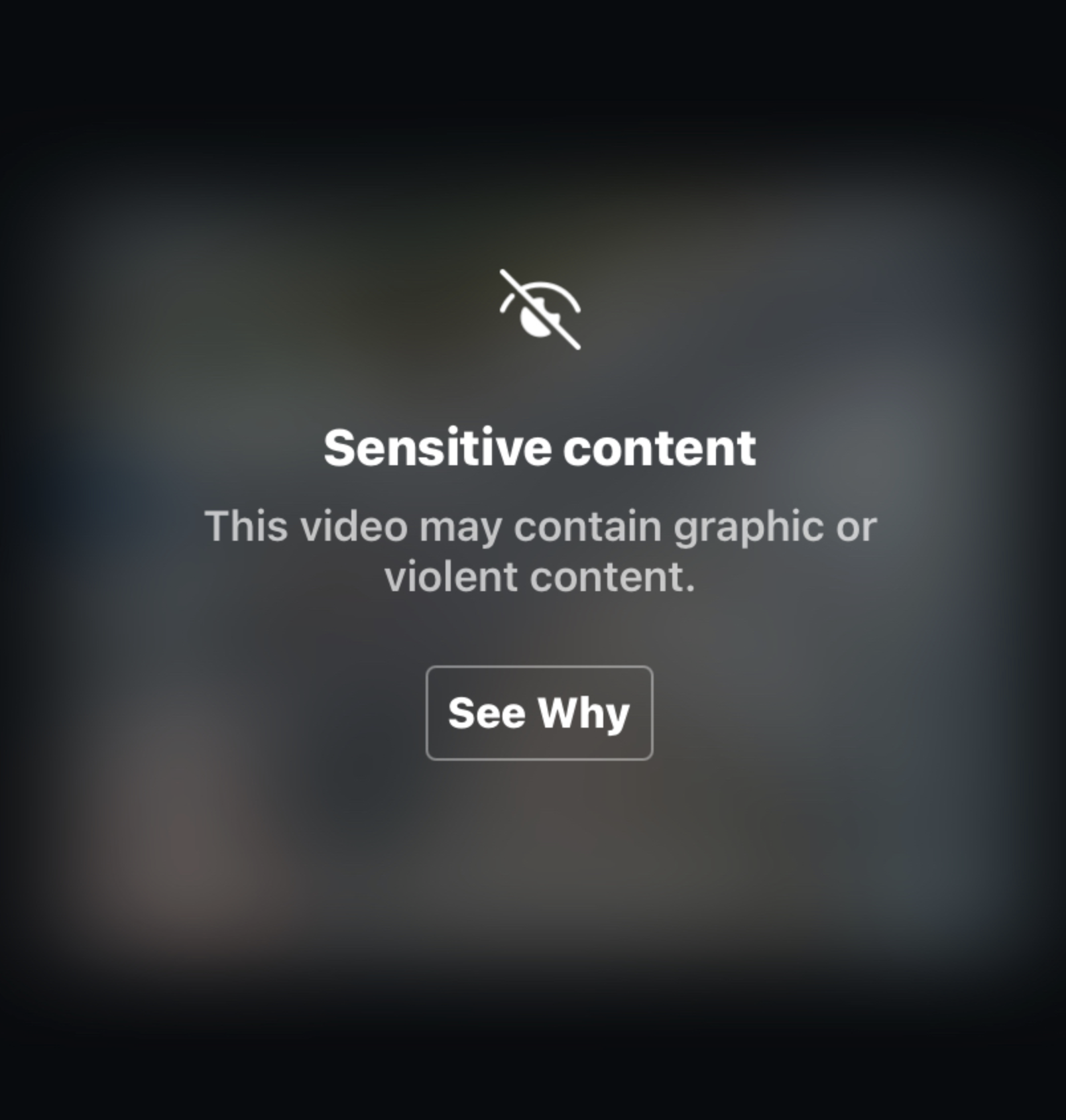Say that you’re browsing and scrolling social media when you stumble upon these letters: TW. A trigger warning.
Trigger warnings have become increasingly prevalent in the expansive landscape of social media to alert the viewer that the following content is sensitive, explicit or distressing. Specifics can range from sights of blood to mentions or portrayals of sexual or domestic abuse.
In most cases, the uses of trigger warnings are self-explanatory. But in specific corners of the internet, their use-cases have been shaky.
For example, internet spaces like “BookTok,” a glorified TikTok book club, have been increasingly forgoing preliminary warnings.
In these spaces, anything goes.
“Smut,” or sexually explicit and provocative literature, is the figurehead of this movement. “Spicy” content isn’t new to media and literature at all, but in “smut,” it extends beyond just “spicy.”
In efforts of inclusivity, all kinds of smut exist across the internet that can appeal to anyone’s fancy. But by means of doing so, it brings into question the limits of explicit content.
Tropes such as non-consensual sex, extremely possessive relationships, power imbalances and age-gaps all blur the line of fantasy and realistic, lived abuses.
What can appeal to one person is traumatizing to another. Trigger warnings have become staples because of that reason. But in literature and associated media, the thought process is that what is “appealing” doesn’t require a trigger warning.
This rising sentiment from a concentrated community is a dangerous response to what is supposed to protect vulnerable persons.
And in doing so, normalizing, and in some cases, fetishizing, these unhealthy relationship dynamics that happen far too often.
Not only is it insensitive to survivors of abuse, it also carries a terrible message: that abuse is okay.
It may seem obvious to most, but for those deeply entrenched into the glamorization of dangerous tropes and fantasy, it can pose a real threat to future romantic prospects.
Consistent efforts to demonstrate the harmful effects of abuse are a necessity when writing stories that could potentially romanticize the experience of survivors.
Media and literature should never be censored. Stories deserve to be told.
Stories that reflect destructive and lived experiences of so many shouldn’t be either. But they should be handled with grace. If not for their readers, then for those who are affected by abuse everyday.




